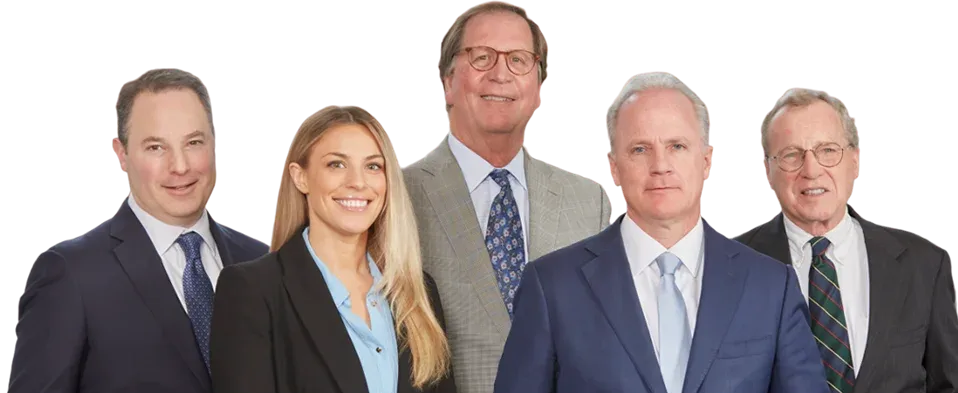Diagnosing a brain injury is incredibly complex and tricky, even for someone with years of specialized training. Performing an accurate assessment requires careful attention and consideration.
Various reasons exist why doctors misdiagnose brain injuries. The medical community could improve the accuracy of diagnosing them with a better awareness of what causes one to fly under the radar.
Subtle symptoms
Brain injuries have a wide range of symptoms, from obvious cognitive impairments to subtle changes in mood or behavior. Doctors may overlook brain injuries when the evidence is not immediately apparent, or symptoms resemble other less severe conditions, such as stress or fatigue.
Diagnostic imaging limitations
While diagnostic imaging tools, including CT scans and MRIs, often provide valuable information, they do not always reveal the entire story. Doctors may rely too heavily on these devices, leading them to discount the possibility of a brain injury.
Delay in symptoms
Some brain injuries have delayed onset symptoms. A patient could initially appear fine, only to experience symptoms hours or days later. Doctors may fail to connect these emerging symptoms to a prior injury, resulting in a missed diagnosis.
Concurrence with other injuries
Brain injuries can occur alongside other medical problems, such as fractures or internal ruptures. Doctors sometimes focus on treating more visible or immediately life-threatening matters and miss simultaneous brain traumas.
Diagnostic biases
Since doctors are human, they are susceptible to cognitive biases. They occasionally assume that particular patients do not have a brain injury. Consider the matter of age. According to the Centers for Disease Control and Prevention, people 75 years and older account for 32% of all traumatic brain injury hospitalizations, possibly due to their high number of falls. Since brain injuries are most common in older individuals, medical personnel may assume that younger individuals are experiencing a different type of ailment.
Inadequate follow-up
After an initial evaluation, doctors may fail to reconnect with patients to track their progress or assess the development of new symptoms. A lack of ongoing treatment may lead to delayed care.
Like every other aspect of medicine, diagnosing brain injuries is subject to error. Patients should proactively seek second opinions when a brain injury is possible to increase the likelihood of receiving a timely and correct diagnosis.
